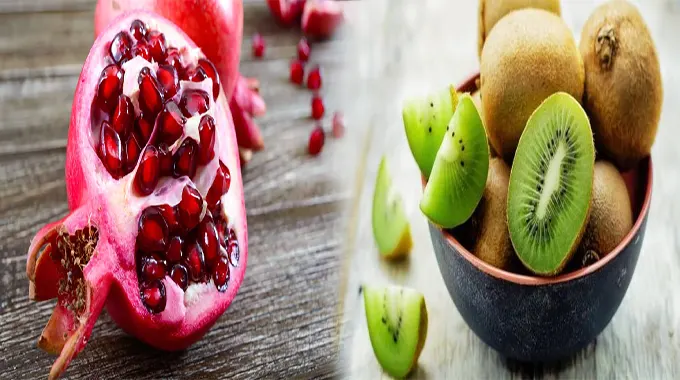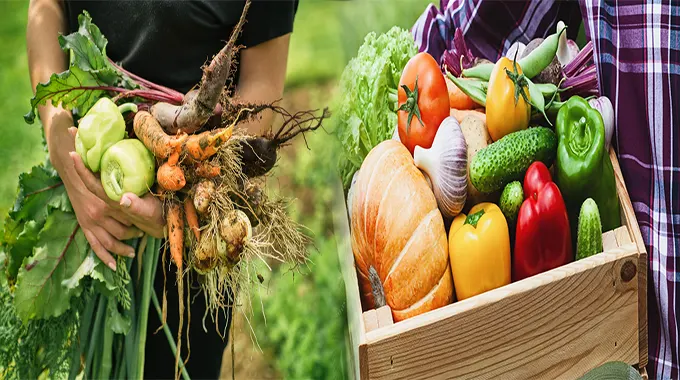Best Low-Sugar Fruits for Diabetics to Control Blood Sugar Levels
Managing blood sugar levels is essential for individuals with diabetes, and one way to do so is by consuming low-sugar fruits. While fruits are an important part of a healthy diet, people with diabetes need to be cautious about their fruit choices due to their natural sugar content. This article will highlight some of the best low-sugar fruits that diabetics can incorporate into their diet to help control blood sugar levels.
Berries:
Berries, such as strawberries, blueberries, and raspberries, are excellent choices for individuals with diabetes. They are low in sugar and high in fiber, which can help slow down the absorption of sugar in the bloodstream. Berries are also packed with antioxidants, vitamins, and minerals, making them a great option for diabetic-friendly snacking.
Avocado:
While technically a fruit, avocados are a unique addition to a diabetic-friendly diet. They are low in sugar and high in healthy fats, which can help stabilize blood sugar levels. Avocados also contain fiber, potassium, and other essential nutrients, making them a nutritious choice for diabetics.
Apples:
Apples are a popular fruit choice for individuals with diabetes due to their low glycemic index and fiber content. The fiber in apples can help regulate blood sugar levels and promote a feeling of fullness. Opt for whole apples instead of apple juice or applesauce to maximize the nutritional benefits while keeping sugar intake in check.
Kiwi:
Kiwi is a low-sugar fruit that is rich in fiber, vitamin C, and other essential nutrients. Its sweet and tangy flavor makes it a refreshing snack option for diabetics. The fiber in kiwi can aid in controlling blood sugar levels and promoting digestive health, making it a valuable addition to a diabetes-friendly diet.
Peaches:
Peaches are another low-sugar fruit that diabetics can enjoy in moderation. They are a good source of …












